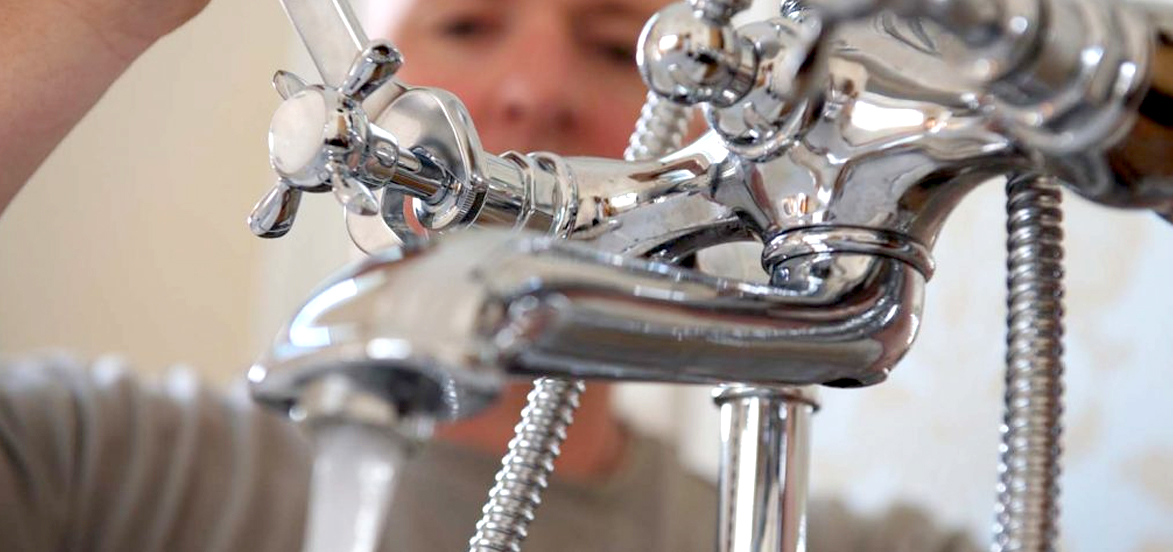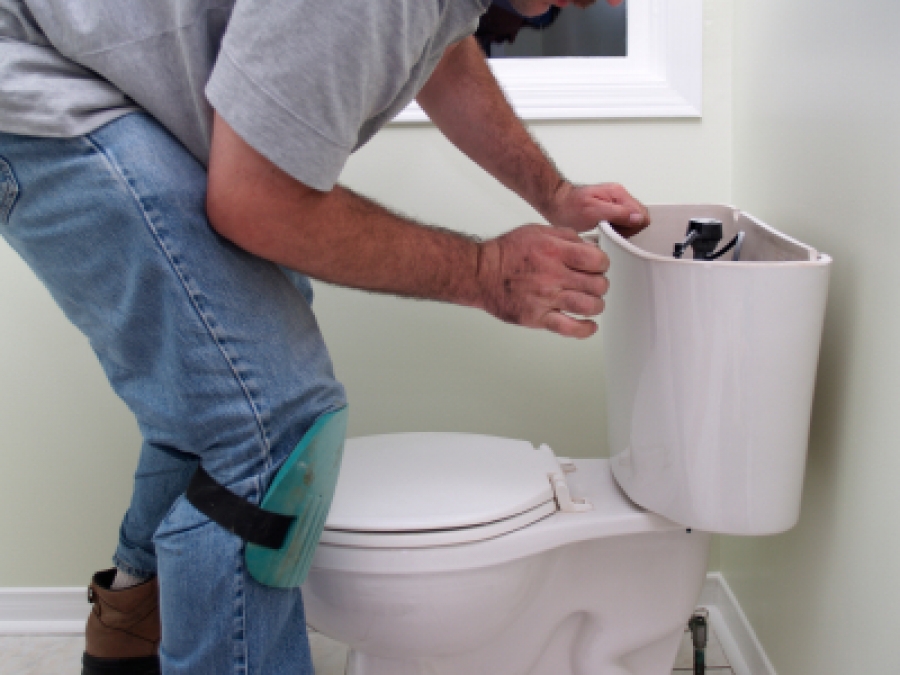The Top 5 Typical Sources of Water Leaks
The Top 5 Typical Sources of Water Leaks
Blog Article
We've stumbled on this great article relating to Common Causes of Water Leaks in the Home down the page on the internet and reckoned it made sense to discuss it with you over here.

"Be cautious of little expenses. A small leakage will sink a fantastic ship." - Benjamin Franklin.
He could not have actually been a lot more best due to the fact that water leaks in our homes result in a waste of sources, increasing our water costs. Although this rise could appear negligible at first, it can lead to substantial costs that can break your bank. In addition to a boost in bills, water leakages also create undesirable organic development, architectural damage, as well as even electrical threats.
If you have a water leak isn't constantly easy due to being unable to see most of the pipework in your house, figuring out. Nonetheless, If you have had an increase in your water expenses recently, saw water stains on ceilings as well as wall surfaces, scented poor smell, etc. You might want to consider asking for plumbing solutions to get it looked into.
There are numerous sources of water leakages, as well as we have put together the common factors listed below. Inspect to see if you have had relevant problems in your home lately.
Deteriorated pipe joints
Pipeline joints are the parts of our plumbing system where the pipes connect. They are the weakest factor of our plumbing system. Consequently, they are extra prone to wear and tear. It is vital to note that even though pipelines are designed to hold up against pressure as well as last for some time, they weren't developed to last for life; for that reason, they would certainly wear away in time. This degeneration can result in fractures in plumbing systems. An usual sign of damaged pipe joints is extreme sound from taps.
High water stress
You discovered your home water stress is higher than usual however then, why should you care? It runs out your control.
It would be best if you cared since your average water pressure need to be 60 Psi (per square inch) as well as although your residence's plumbing system is developed to hold up against 80 Psi. An increase in water pressure can place a strain on your home pipelines and also lead to fractures, or even worse, ruptured pipelines. If you ever discover that your house water pressure is more than common, get in touch with a professional regarding managing it.
Deterioration
As your pipework grows older, it obtains weak and more susceptible to rust after the frequent passage of water with them, which can gnaw at pipelines and cause splits. A noticeable indicator of rust in your house plumbing system is discoloration as well as although this may be hard to identify because of most pipes hidden away. Once they are old to make sure a sound plumbing system, we encourage doing a regular examination every few years and transform pipes
Clogged drains pipes
Food bits, dirt, and also grease can cause blocked drains and obstruct the passage of water in and out of your sink. If undealt with, boosted pressure within the rain gutters can end as well as create an overflow up breaking or rupturing pipelines. To prevent stopped up drains pipes in your house, we encourage you to stay clear of putting bits down the tubes as well as routine cleaning of sinks.
Broken seals
Another root cause of water leaks in residences is damaged seals of home devices that use water, e.g., a dish washer. When such devices are installed, seals are installed around water connectors for easy flow of water through the maker. Hence, a damaged seal can create leakage of water when being used.
With little or no knowledge of plumbing, understanding your residence's plumbing system sufficient to repair some of these concerns (without repercussion) can be a problem. Contact plumbing experts in Pittsburgh, Divine Superintendence, Rochester, as well as environ today, and also they'll make those problems disappear.
He could not have been a lot more right due to the fact that water leaks in our residences result in a waste of resources, boosting our water bills. If you have had a boost in your water costs lately, observed water stains on ceilings as well as wall surfaces, scented lousy odor, and so on. A rise in water pressure can put a pressure on your residence pipes as well as lead to fractures, or even worse, ruptured pipes. Another cause of water leaks in homes is broken seals of house devices that make use of water, e.g., a dishwasher. When such appliances are set up, seals are set up around water ports for simple passage of water with the maker.
5 TIPS IN DETECTING A WATER LEAK IN YOUR HOUSE
Water leaks can be hard to find in your home, yet they can be so common. We rely on water every day in our home, which is why a leak can cause big problems. By detecting them early, you can save money and further damage, getting the problem fixed as soon as possible. Here are 5 tips to help you detect a water leak in your home, so you can contact a plumber straight away and get the issue sorted.
Check your water meter
Many people underestimate the value of the water meter in their home. It can be one of the best ways to tell if you have a leak early on, so you can get on top of it before issues start arising. Start by turning off all the water in your home: taps, washing machine, dishwasher, etc. Now take a look at the meter – if it’s still changing with everything turned off, it’s likely you have a fast-flowing leak that you need to get on top of straight away. If nothing changes, then leave your meter for an hour or two and come back to it. Did it change in this time? It’s likely you have a slower leak, which isn’t as urgent but still handy to get fixed so it doesn’t become a bigger problem.
Keep an eye on your bill
Another good way to detect a leak in your home is by keeping an eye on your water bill. It helps if you have a past bill from the same period of time. You can compare like for like and determine whether your water usage has increased significantly. If it has, there may be a leak in your system that you haven’t picked up before. A professional plumber can check through all of your pipes and determine where it is coming from.
Look for damage
If you have a leak inside your home, you will notice damage over time. Take a look at your showers and bathtubs and note whether any of the tiles surrounding the area seem to be discoloured or damaged in any way. There may be water stains, mould or peeling material that has resulted from a build up of moisture over time. Make sure you take a look under sinks at the back of cupboards that don’t get accessed regularly. This is where damage can go unnoticed and build up over periods of time.

I was brought to that report about Where to Find Water Leaks from an acquaintance on another web property. So long as you liked our blog posting plz don't forget to pass it around. Thank you for your time. Visit us again soon.
Request our emergency plumbing support. Report this page